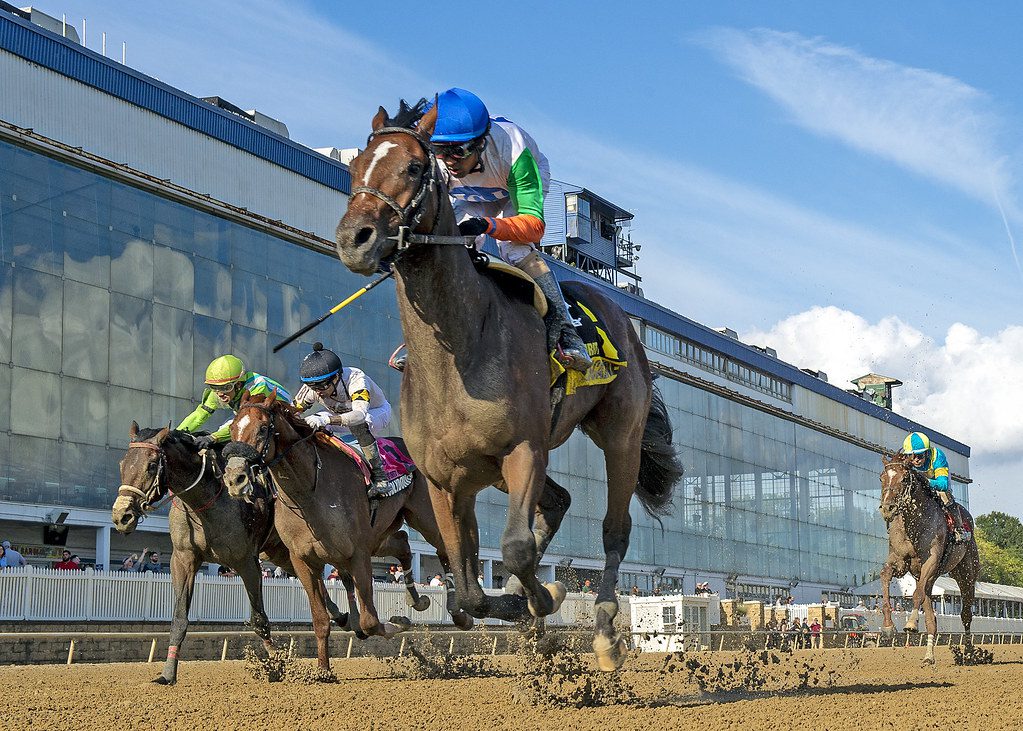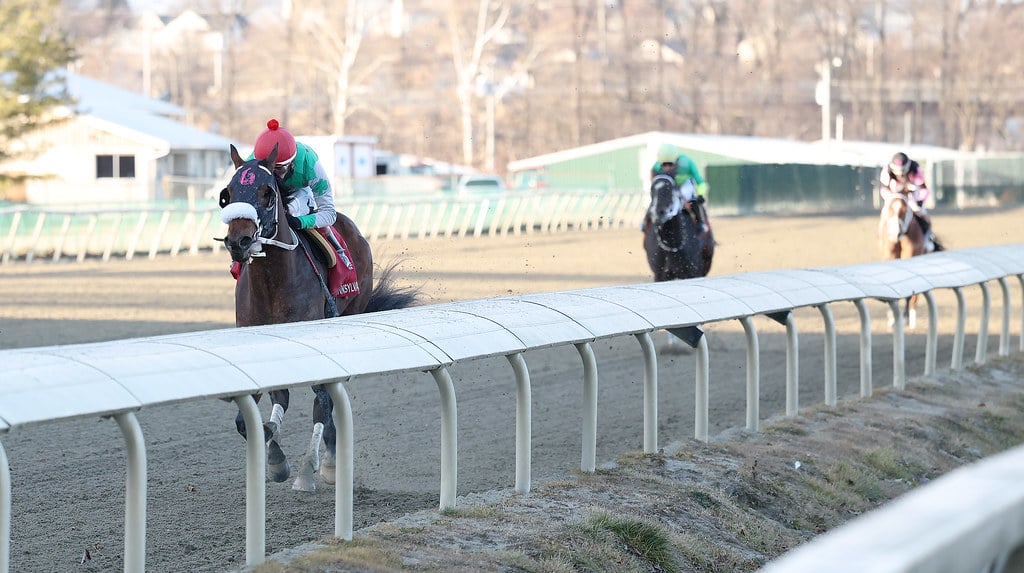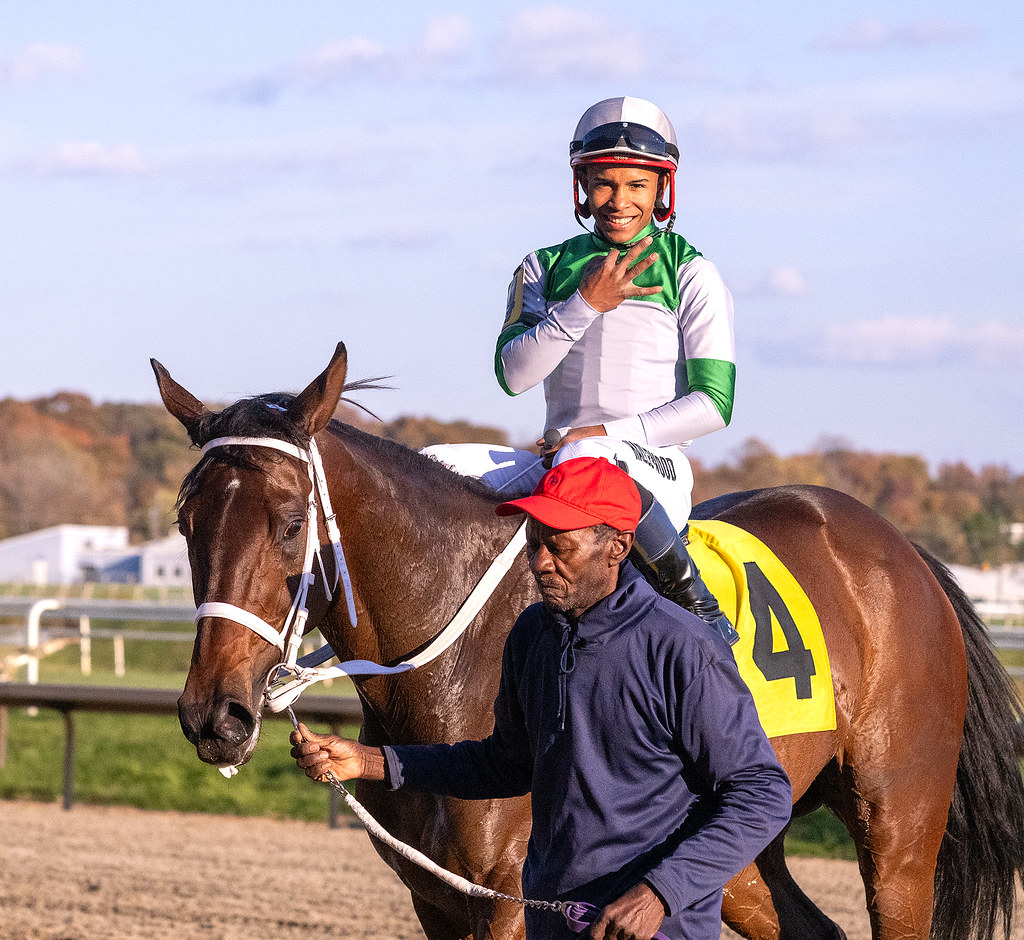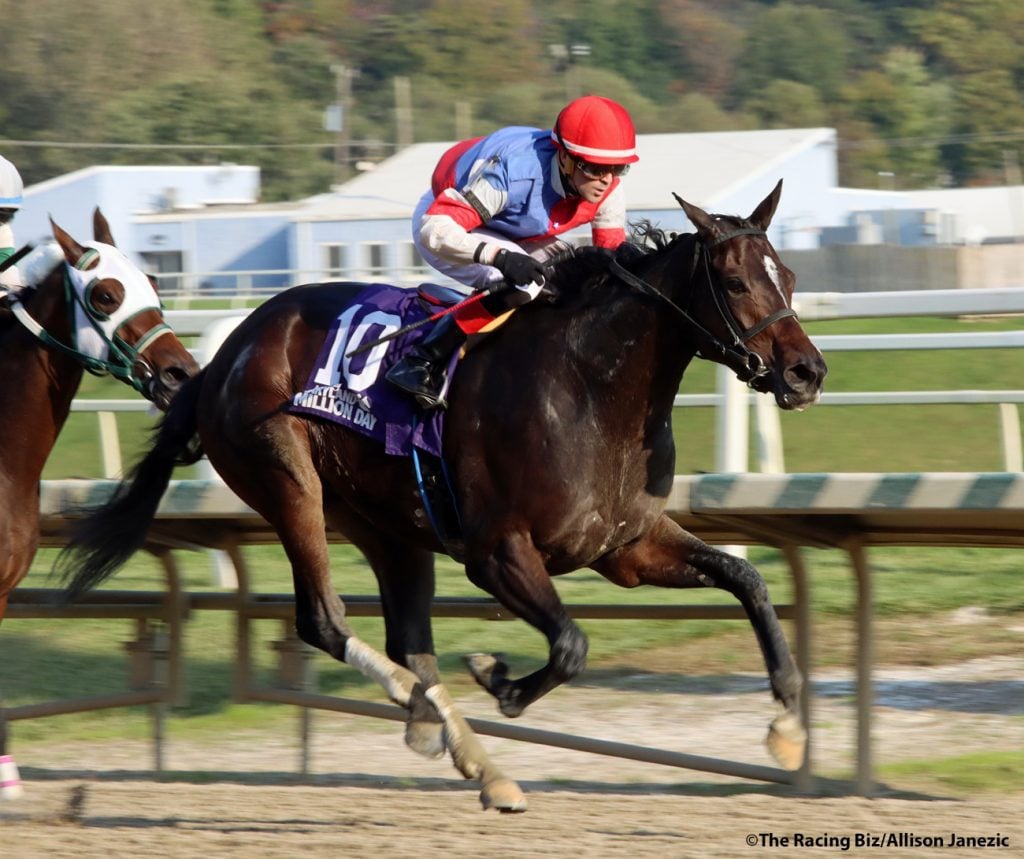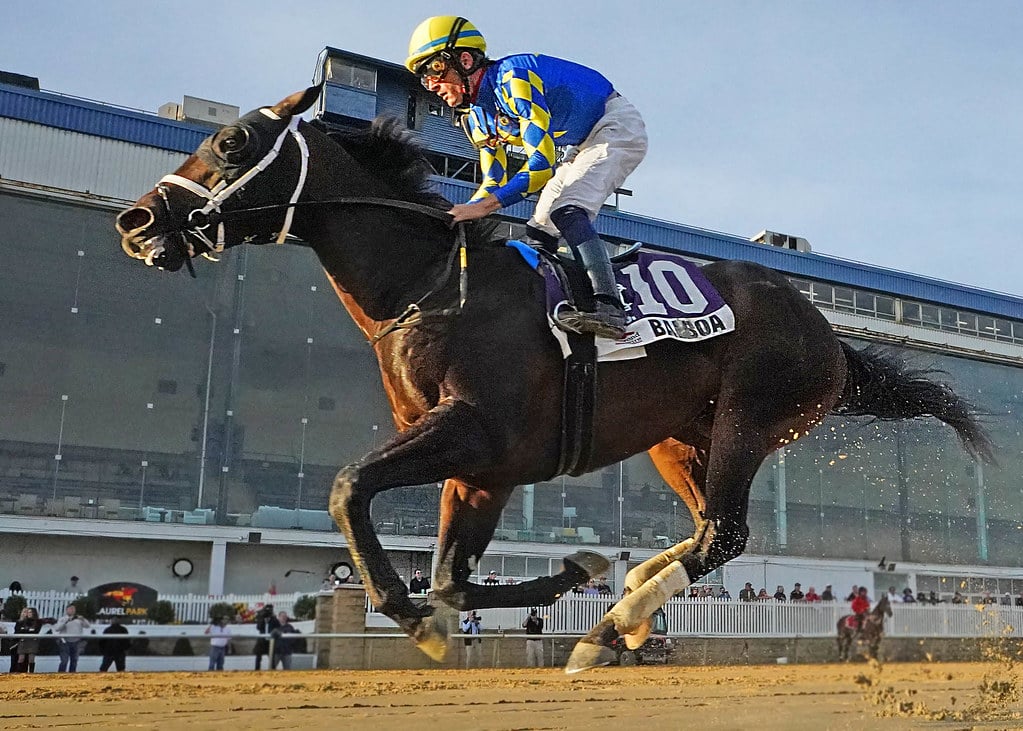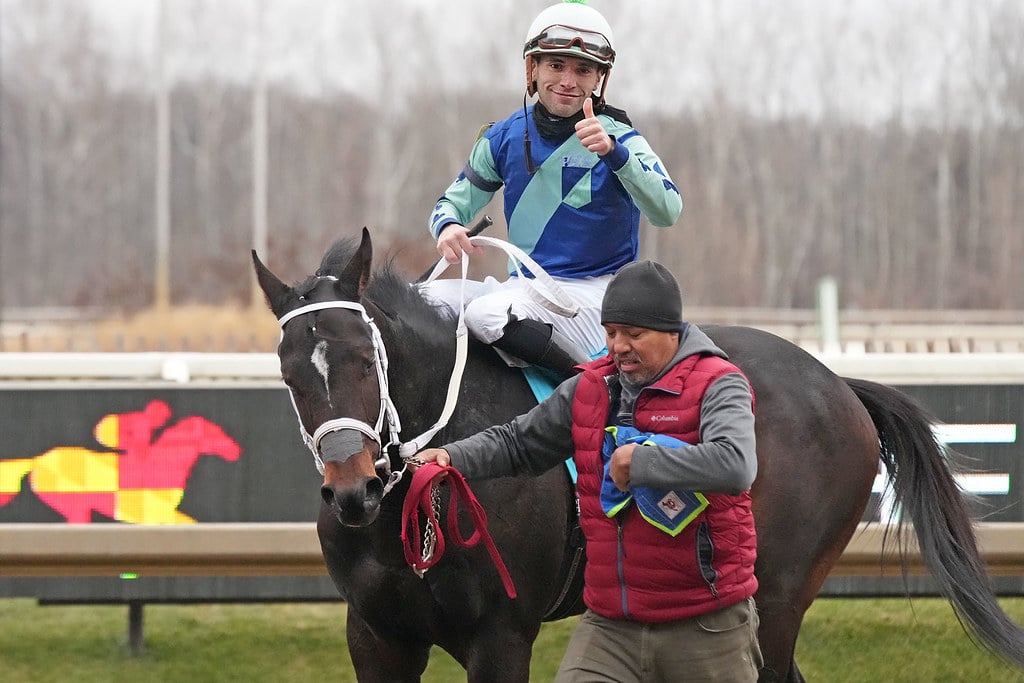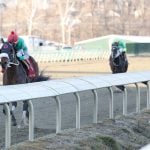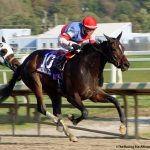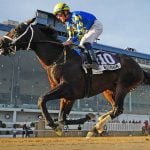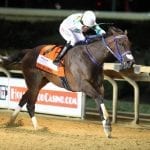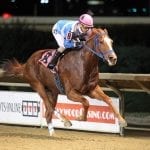JUDGE DEALS SETBACK TO NJTHA SUIT
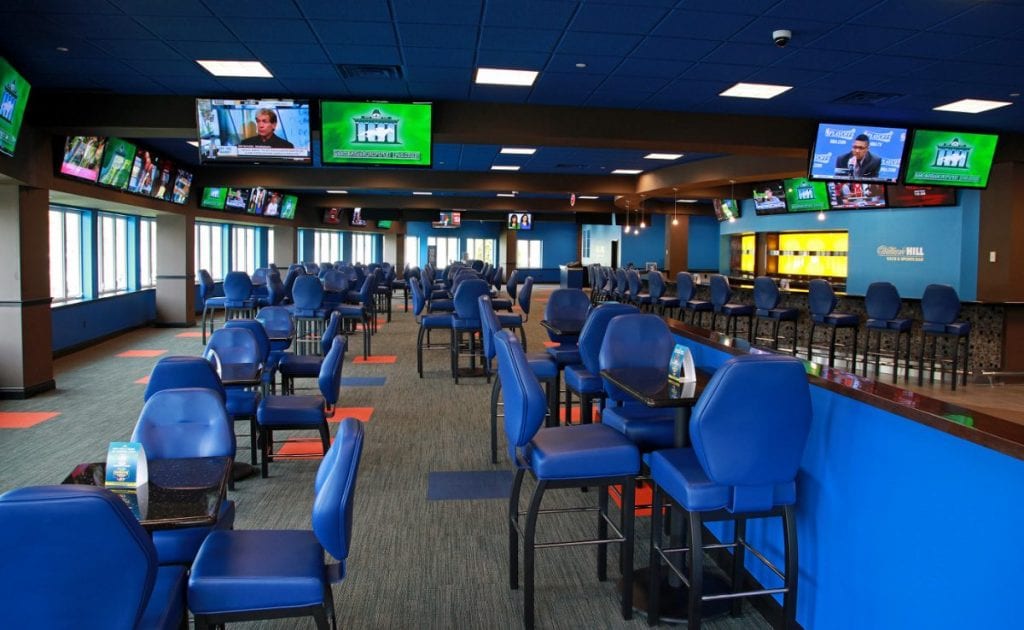
This story by Frank Angst originally appeared in the Blood-Horse
In a case that has followed its successful legal effort to overturn the Professional and Amateur Sports Protection Act—paving the way for sports wagering in New Jersey and other states—a federal judge has dealt a setback to the New Jersey Thoroughbred Horsemen’s Association’s legal efforts seeking damages from the NCAA and professional sports leagues.
- Laurel Park: Final 2025 jockey and trainer stats
 Which Maryland and Laurel Park jockeys and trainers are having a good meet? Who’s doing better than you’d think? Or heating up now? Answers within.
Which Maryland and Laurel Park jockeys and trainers are having a good meet? Who’s doing better than you’d think? Or heating up now? Answers within.
Judge Freda Wolfson, United States Chief District Judge for the District of New Jersey, ruled Dec. 3 that she will consider awarding horsemen an amount of money up to the $3.4 million set aside by the leagues in a 2014 injunction bond in the case, but she ruled against the horsemen’s potentially big prize: a request seeking $150 million in “bad faith” damages for the time period beyond the 28-day period covered by the bond.
In May the NJTHA, owners of Monmouth Park, took action in the case to seek $150 million in damages from the sports leagues because it said those leagues acted in “bad faith” when the track was not allowed to offer sports wagering from October 2014 to May 2018 while the leagues—the NCAA, NBA, NFL, NHL, and Major League Baseball—contested the track’s efforts to launch sports wagering all the way to the Supreme Court.
On May 14, 2018, a U.S. Supreme Court decision overturned PASPA, clearing the way for Monmouth Park, as well as New Jersey and other states, to add sports wagering.
Wolfson decided the “bad faith” damages issue—beyond the 28 days of the temporary restraining order—without hearing oral arguments. She will hold an evidentiary hearing on provable damages, up to the amount of the $3.4 million injunction bond issued (plus interest) in the fall of 2014. That amount could be expanded to “bad faith” damages for that 28-day period only, once the issue of “provable damages” is determined.
That hearing will not consider “bad faith” damages outside that 28-day period as Wolfson ruled on that issue Dec. 3.
“I find the NJTHA has not properly pleaded any legally cognizable claim or counterclaim for ‘bad faith’ damages sustained during the period after the expiration of the TRO,” Wolfson ruled. “Accordingly, to the extent that NJTHA seeks damages sustained during the post-TRO period, NJTHA’s motion is denied.
“I will hold an evidentiary hearing … to determine the amount of ‘provable damages’ sustained by NJTHA during the 28-day period in which the TRO was in effect.”
In a note to her ruling, Wolfson outlined the possibility of still considering damages beyond the $3.4 million in the bond, if it is ultimately determined that NJTHA can establish ‘provable damages’ in excess of the bond amount during the 28 days of the restraining order.
Wolfson found no case law backing “bad faith” claims beyond the timeframe of the restraining order.
“The scant case law on which NJTHA relies does not support the proposition that this court may award damages sustained during the post-TRO period,” Wolfson wrote in her Dec. 3 decision.
On Dec. 4, attorney Ronald Riccio, who is representing the horsemen, outlined its positions on discovery disputes with the leagues.
“Pursuant to Chief Judge Wolfson’s directives, NJTHA is willing to provide plaintiffs (the leagues) with all documents on which it intends to rely at the hearing as well as an opportunity to depose both (gambling industry expert) Chris Grove and Dennis Drazin (chairman and CEO of Darby Development, which operates Monmouth for the horsemen),” Riccio wrote. “Plaintiffs, however, are demanding discovery relating to NJTHA’s sports book operations in 2018, which not only is beyond the limited discovery permitted by Chief Judge Wolfson, but also not relevant to the limited issue to be addressed at the hearing—NJTHA’s provable damages during the TRO period in 2014.”
LATEST NEWS


